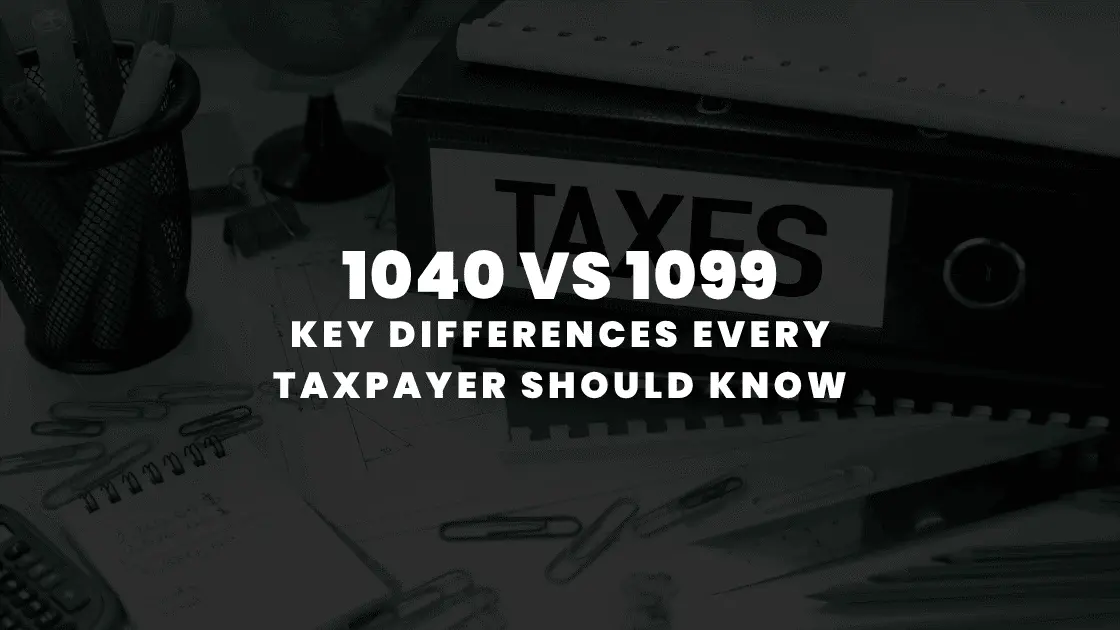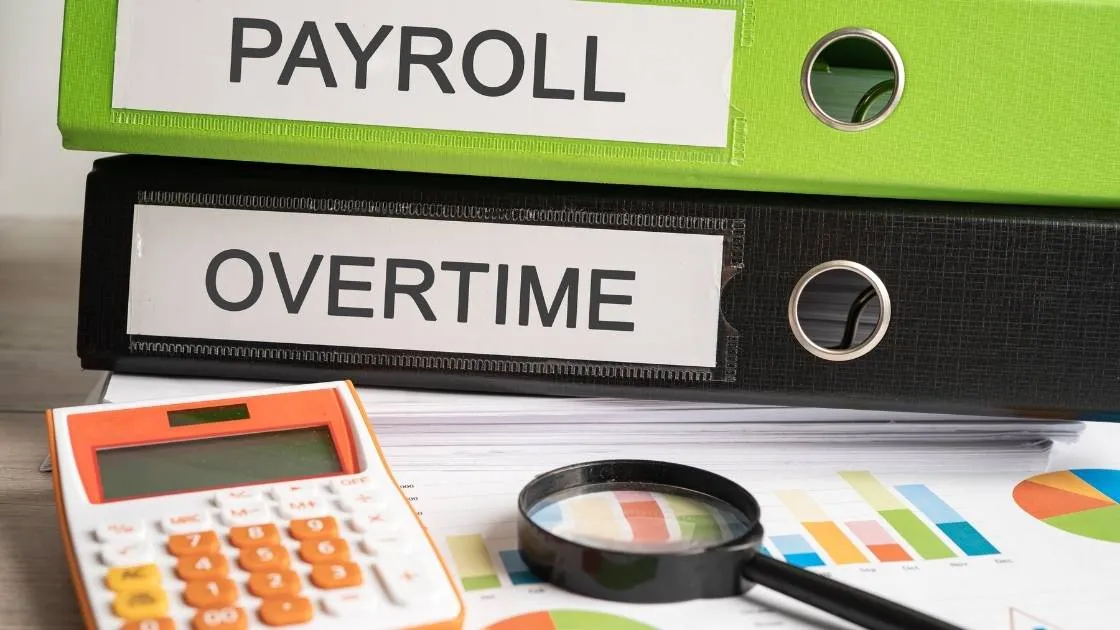August 27 2021 | By Nida Bohunr | 6 minutes Read

Benjamin Franklin once said, “in this world, nothing is certain except death and taxes.”. Whether you are employed, self-employed, or operate your own business, you will need to meet your federal, state, and local tax obligations.
Tax is any amount of money, resources, or tradable commodity that is taken up to the ruling power or State through a legal mechanism. It is by no means a new phenomenon. Taxes date back to ancient Greece, since the inception of democracy. As laid down by Adam Smith in ‘The Wealth of Nations, the principles of taxation have remained true until now.
Taxes are obligatory upon people and companies to help pay for the essential societal functions to persist, as without the government taking responsibility for these goods and services, there would be no management and distribution of wealth in the country.
Over time, data science, and forensic accountancy have made it easier for the government to track our tax payments.
The tax liability, in simple terms, is the amount of tax that you, as an individual or a company, have to pay the government. Individuals who do not pay their taxes can be subject to fines and face going to jail.
The consequences for not paying taxes can be grave, regardless of who it is. There is an inexhaustive list of celebrities who failed to disclose their income and pay the tax liability owed to them, leading to fines and imprisonment.
In 2008, Wesley Snipes, the famous Hollywood actor known for his on-screen portrayal of the comic book character Blade, was sentenced to 3 years in a Pennsylvania federal prison. He also had to pay $9.5 million in fines back to the federal government, even though his tax liability was only $7 million.
The result of not paying taxes was disparate when compared to the taxes not paid to deter tax defaulters and tax thieves. Thus, it is in the public’s best interest that they pay their tax on time and fairly, rather than face the judicial system.
Companies, unless they are registered as charitable organizations, aren’t immune from taxes either. An innumerable amount of large and small corporations have had to face lawsuits by failing to declare the tax liability accurately and, subsequently, failing to pay taxes.
In 2019, Antony Blakey and John Banyard, directors at Ethical Trading and Marketing, were faced with fourteen and a half years in prison in the United Kingdom for attempting to steal 60 million pounds through an illegal tax avoidance scheme. Companies and entrepreneurs in the United States aren’t shielded from tax delinquency either.
In 2020, Johni Semma, a previous owner of two clubs in Detriot, was forced to pay $1.6 million in restitution and could face up to six years of prison time for failure to pay employee payroll tax for his 29 employees. To avoid legal action and possibly destroy a successful business, companies of all sizes must pay the tax liability diligently.
To accurately pay taxes, you have to know how to calculate them. Tax liability, as explained above, is the amount of tax that a company or an individual owes the government at the end of the year. Tax liabilities become payable on sales of an asset, through income, or if any other taxable event occurs.
Taxes can be owed at the local, state, or federal level or any combination of the three.
Usually, property tax exists at the local level, while income tax can be owed and filed at the state and national levels. When a taxable event occurs, the business or individual is liable to give a certain percentage of the money earned as a tax payment. This percentage is called the tax rate.
To calculate the tax liability, simply multiply the tax base with the tax rate. The tax base is the total amount of assets or income that can be taxed. Income, property, and assets are all part of the tax base.
Let’s look at how an individual can calculate their tax liability before moving on to the more complex example of a company.
If, for example, John earns $70, 000 as income in the year 2020, he should first look at what the tax base and tax rate are in his local area.
The US follows a regime of progressive taxation, which means that the more money Adam makes, the more taxes he has to pay. For the first $9,875, he would owe 10%, 12% on the next $30,250, and 22% on the last $29,875. To calculate his tax liability, Adam needs to multiply the tax rate with his income in the income bracket (tax base) to get a final answer.
Once this has been calculated, Adam would be looking at a tax liability of $11,190 on a yearly income of $70,000. This number, however, does not account for any possible tax deduction he may receive over the year through the form of donations he has given or federal payroll tax his employer gives on his behalf. If Adam, for example, gave $1,000 for a charitable purpose as recognized by the government, he can file as a tax write-off and only have to pay $10,190 in income tax.
The method to calculate the tax liability of a company differs from that of an individual. In the United States, the documents to file taxes for both are wildly different from the IRS (Internal Revenue Service).
The first step to calculate the tax liability for a company is to understand what kind of business the firm is operating as.
If the company is small and listed as a sole proprietor, the business is considered a “flow-through” and it does need not pay corporate income tax. They are called ‘flow through’ as the income received by the owner is subsequently being taxed, thus, the tax liability is flowing through to the owner. The sole proprietor may still be liable to pay other forms of taxes. In the scenario that the firm is not a sole proprietorship, it will be considered a C Corporation and have to pay a fixed corporate tax rate of 21% regardless of income. The company can calculate its tax liability by multiplying this fixed rate with the revenue it generated.
See Also: How Long To Keep Business Tax Records And Receipts?
It is vital that a business, whether small or large, understands what tax liability is and ensures that they know how to pay it. Not only is it a civic duty to help contribute to the development of the nation, thereby ensuring your company’s long-term success, it is also a legal responsibility. The consequences for not doing so are grave.
Over the years, Monily has helped thousands of businesses streamline their finances and tax preparation process across industries. If you are looking to maximize your profits with minimum tax returns, get in touch with Monily’s financial consultants today.
Subscribe for business tips, tax updates, financial fundamentals and more.
MORE BLOGS

Running a small business means every dollar matters. You work hard to earn revenue, manage expenses, and grow steadily, yet tax time often feels like money […]
Learn More →
Tax season can be overwhelming, especially when you’re staring at multiple forms with numbers instead of names. Two of the most common, and often misunderstood, are […]
Learn More →
Working extra hours can feel rewarding, after all you’re putting in more time, showing dedication, and earning more money. But when you look at your paycheck, […]
Learn More →